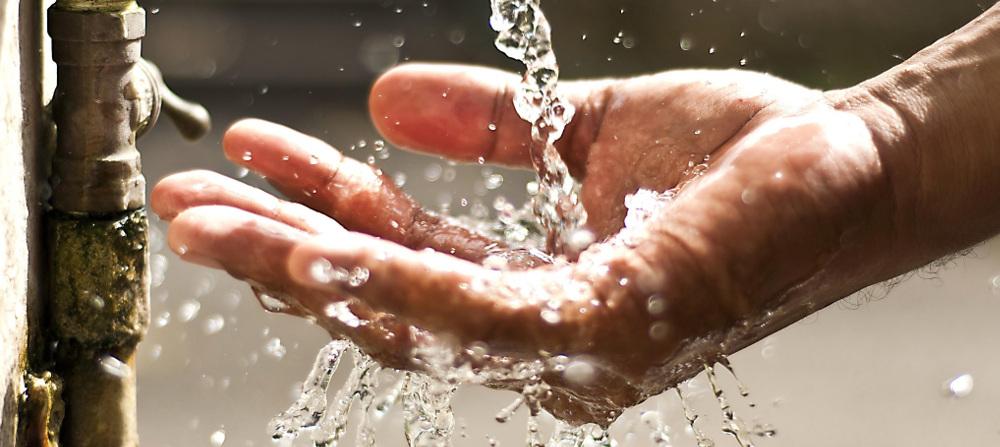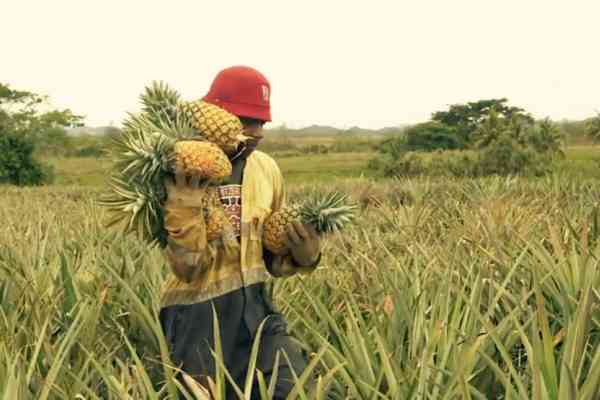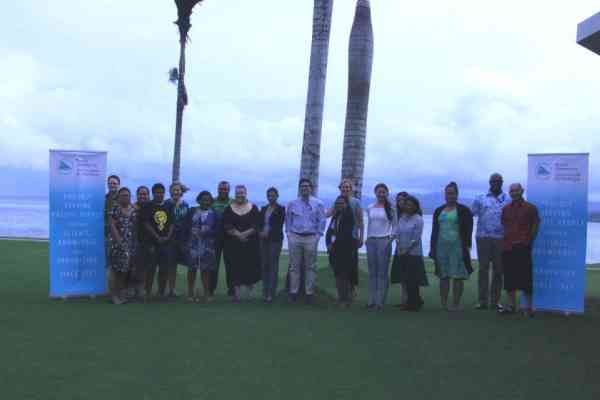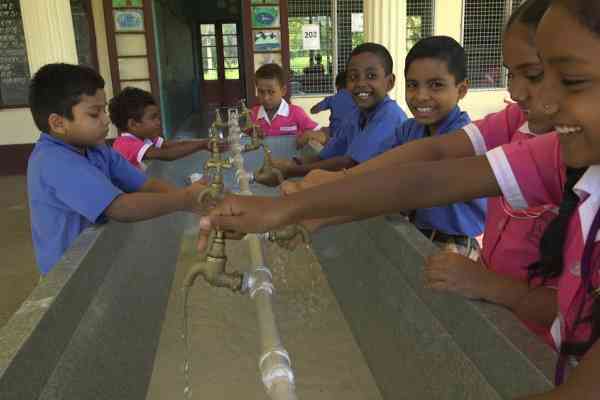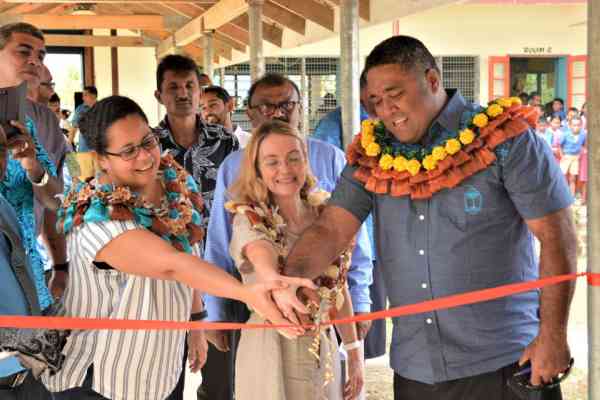Photo Credit: Lyle Post, 2012
Additional hydrogeological assessments to identify new groundwater sources for community water supply have been carried out in another two drought-prone areas in Fiji’s sugarcane farming communities.
The surveys, using geophysical electrical resistivity equipment to detect sources of fresh underground water, have been conducted in two communities in Malele in Tavua and in Volivoli in Rakiraki. The two communities in the North of Fiji’s main island of Viti Levu are yet to be connected to the Water Authority of Fiji network.
The surveys are being carried out in the framework of the European Union (EU) funded Micro Projects Programme (MPP), which is implemented by the Pacific Community (SPC). They are being done with technical expertise from the Water Resources team at the SPC’s GeoscienceEnergy and Maritime Division. SPC is also working closely on the surveys in the target communities with a team from Fiji's Mineral Resources Department. Information obtained from the surveys will help disaster-prone communities to become more resilient, in line with the MPP’s ‘build back better’ philosophy.
“Access to clean and reliable water supply remains a challenge for some communities in the sugar belt because of their remote location, competing demands for land and consequent disturbances to the watershed and natural ecosystem, and the impact and frequency of extreme weather events brought about by climate change. In this respect, the activities of the EU funded Micro Projects Programme such as the hydrogeological surveys and identification of potential new water sources, will be an important element of improving access to safe and disaster resilient water supply, sanitation and hygiene facilities for the affected communities,” said Emmanuelle Guiheneuf, Acting Head of Co-operation at the Delegation of the European Union for the Pacific.
SPC’s Director General Colin Tukuitonga highlighted the place of this project within the development goals of the region saying, “Building a resilient Pacific starts with strengthening each of our communities. Successfully identifying secure and sustainable freshwater sources will be invaluable for the people of these villages, and the use of this technology will serve as a model for other at risk communities in the Pacific.”
The areas surveyed currently rely on a combination of collected rainwater, springs or shallow wells. During extended dry periods, collected rainfall is insufficient and the yield from the springs or shallow groundwater is reduced or dries up completely. Families and communities then rely on water carting or sharing from neighbours with springs that maintain water flows. Groundwater from deeper sources has a distinct advantage as it is less impacted by droughts and cyclones, and so it offers greater reassurance of a safe water supply.
Background:
The Micro Projects Programme (MPP) is a five-year project which started in October 2013 and which will run until June 2018. The EUR 4.37 million project is funded by the European Union (EU) and implemented by the Pacific Community (SPC). The Pacific Community is delivering a number of projects that are funded by the European Union’s Accompanying Measures for Sugar Protocol (AMSP) Programme, across Fiji’s sugarcane belt. MPP is one of those projects, covering Water, Sanitation and Hygiene (WASH), Rural Electrification, and Hydrological surveys.
Media contacts:
Debbie Singh, SPC Sugar Projects Communications Specialist │ Email: [email protected]
